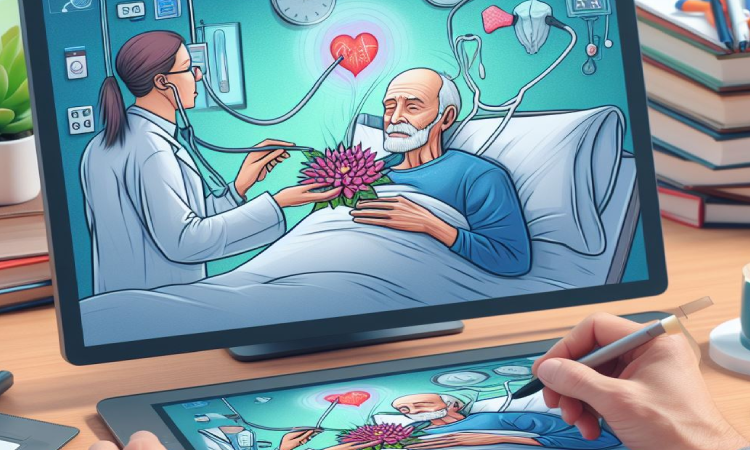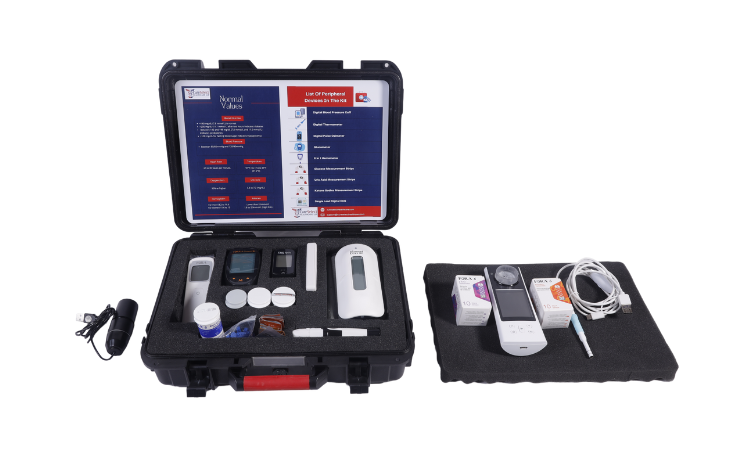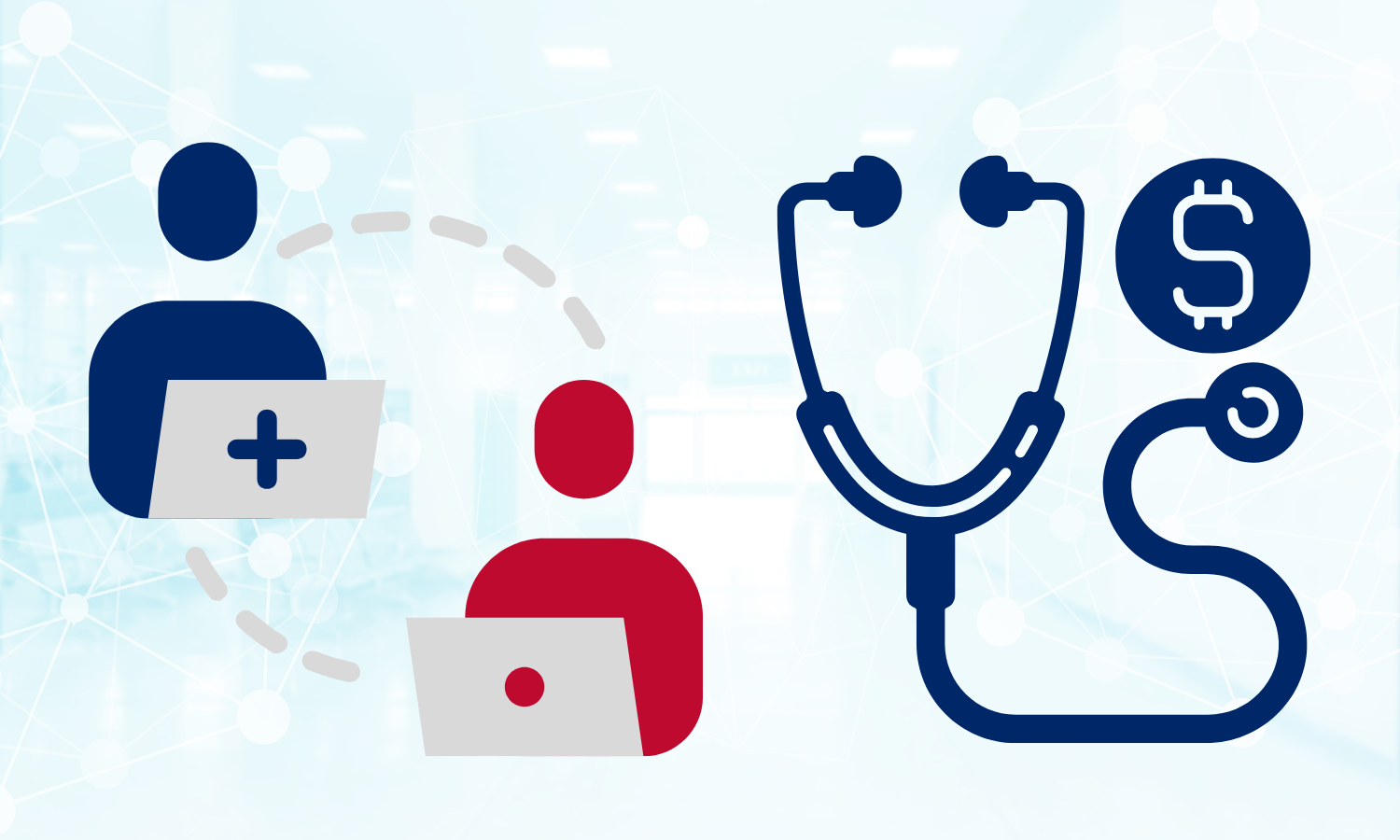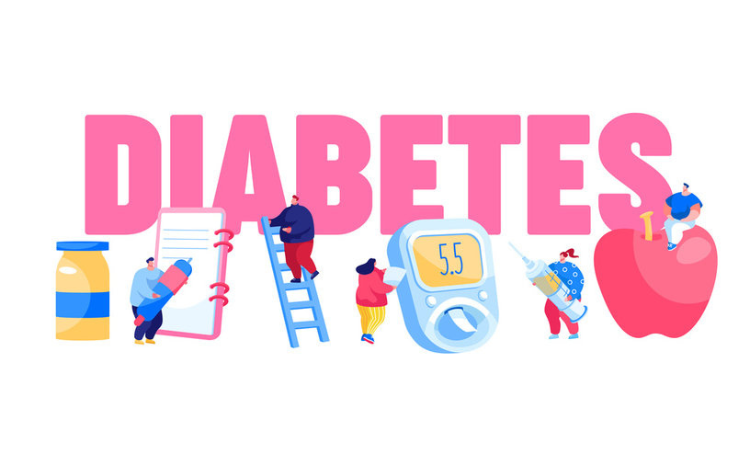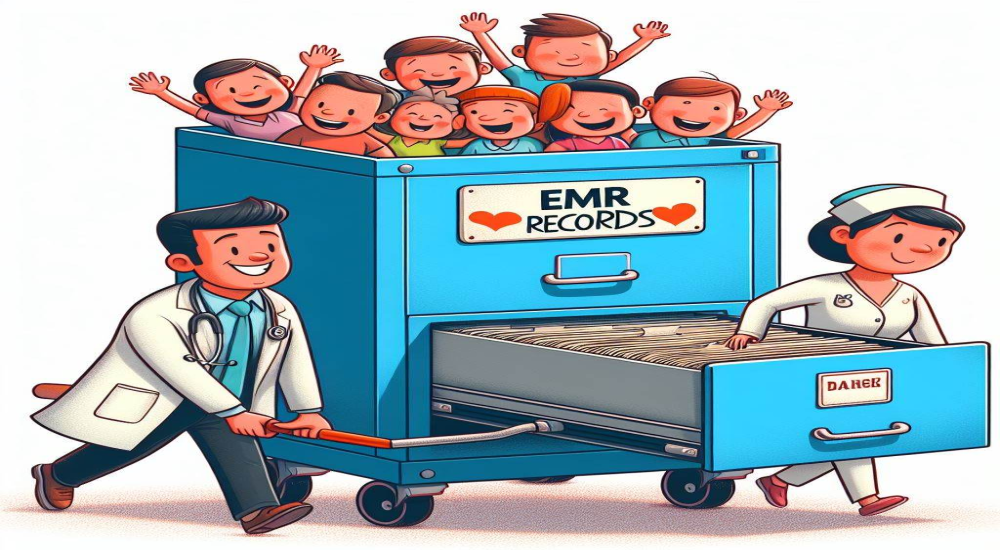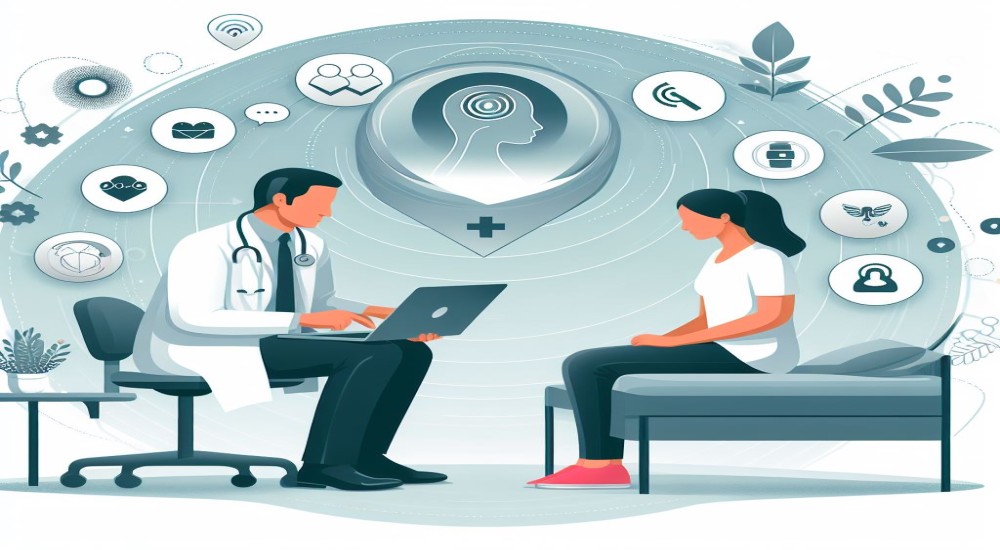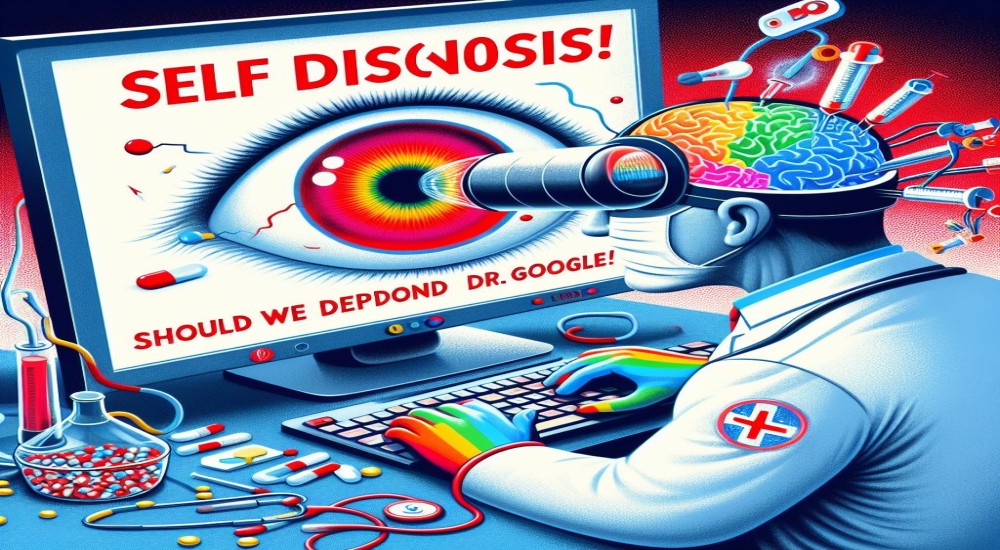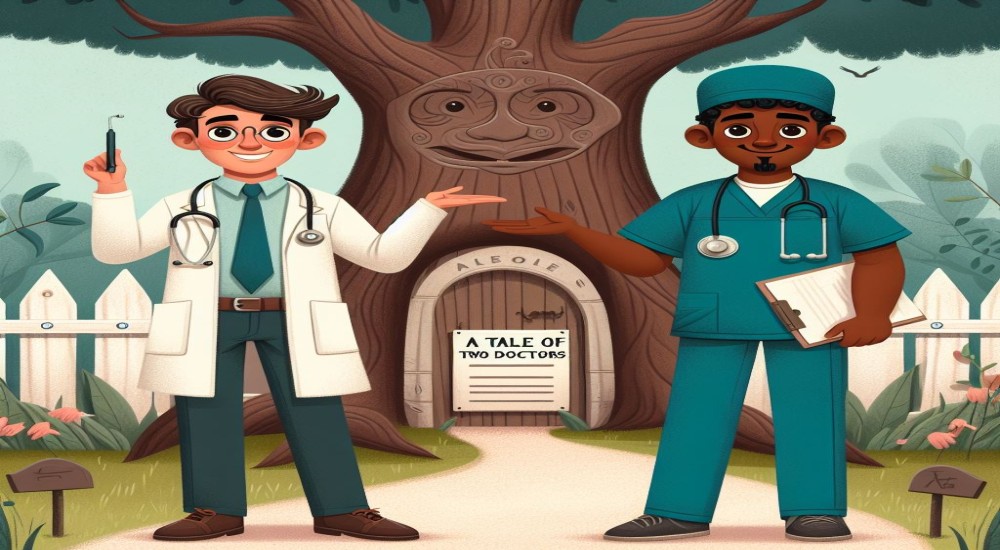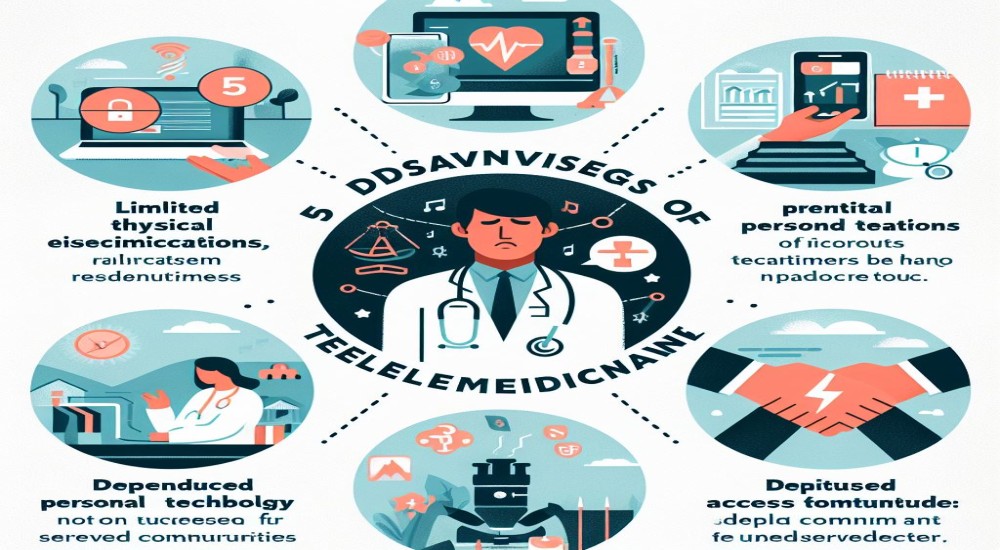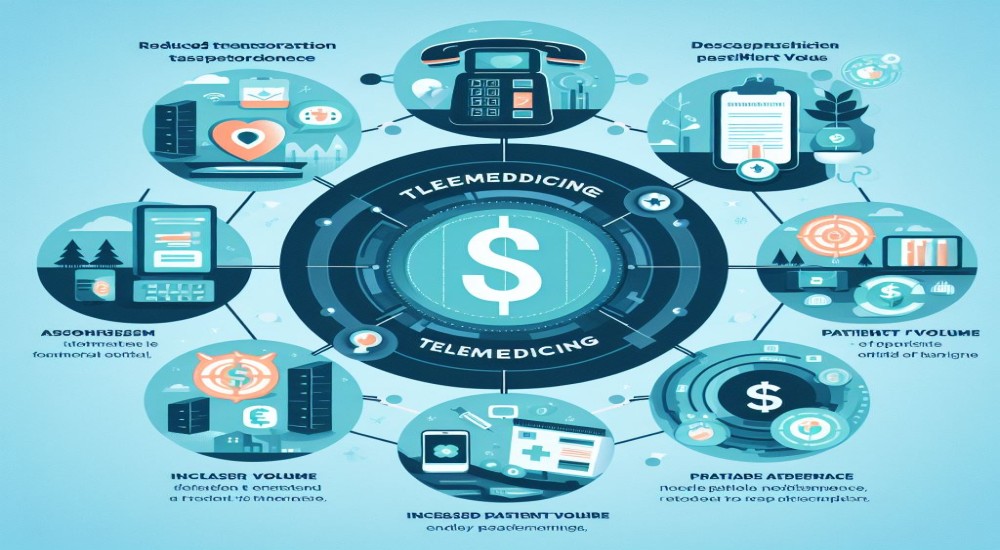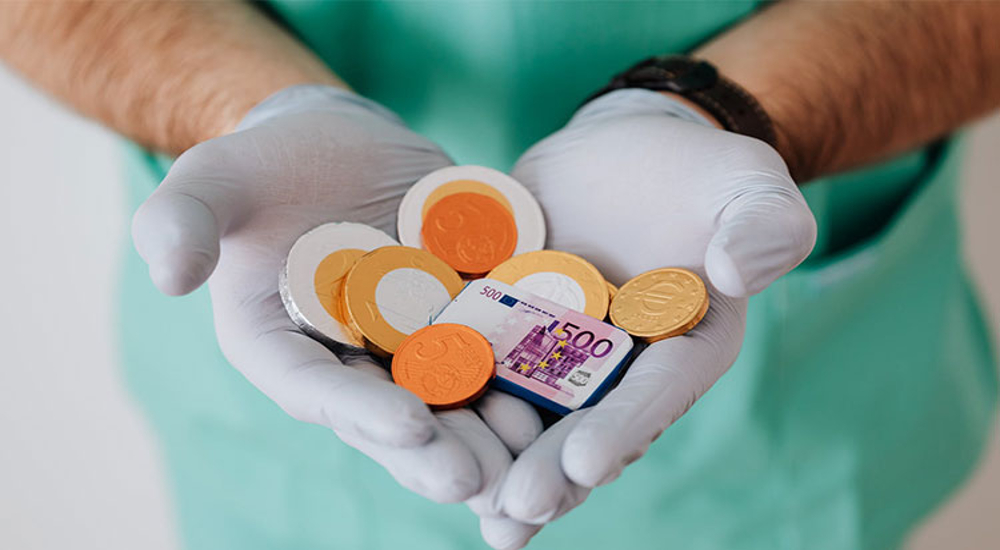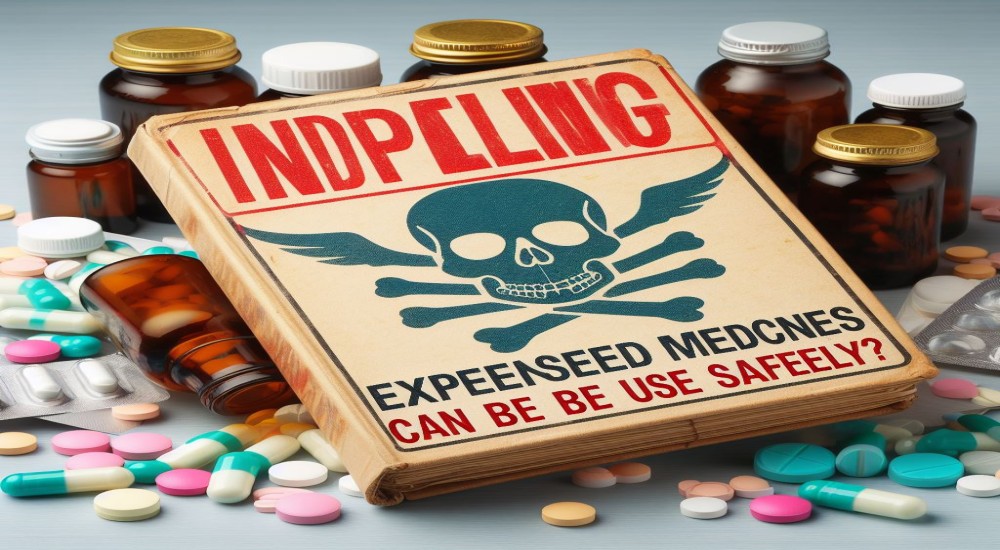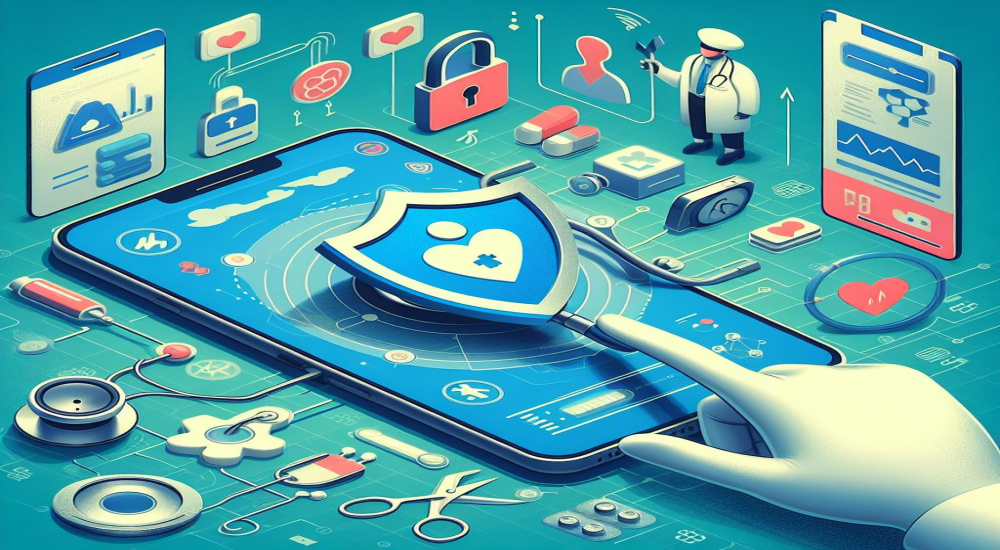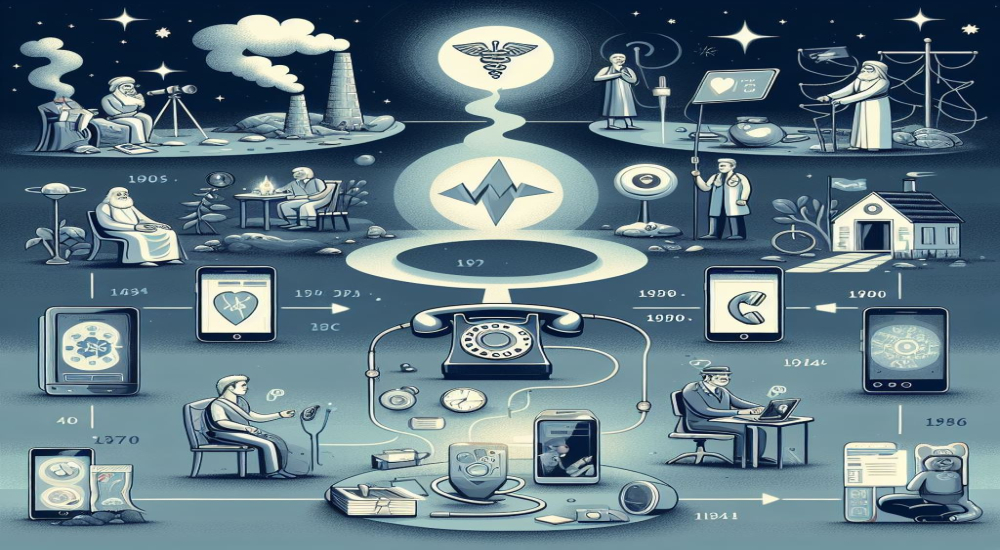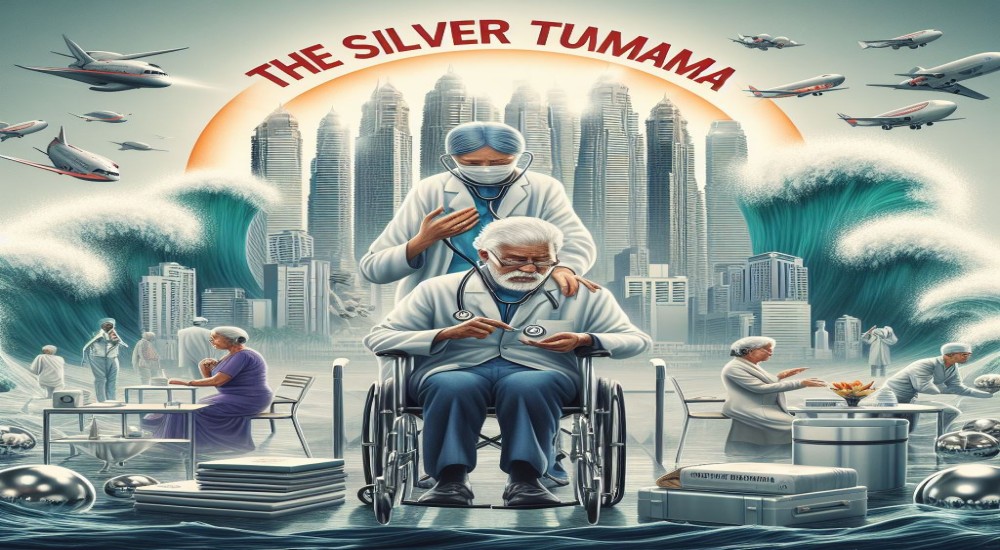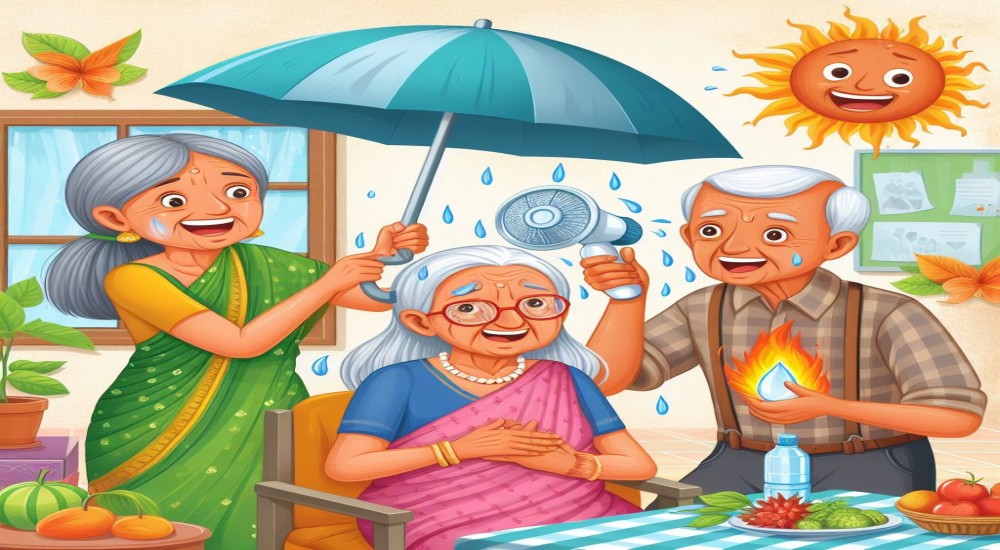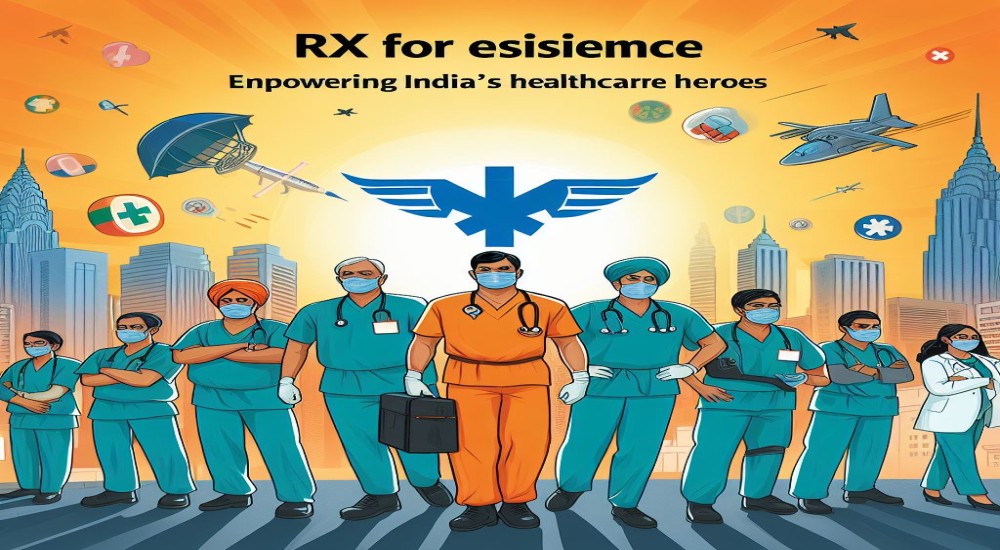Sugar & Stress. A deadly combo?
In the post-Covid world, it's safe to say that we are all under increased stress. Living through a pandemic, long periods of forced isolation and the added burden of working from home has led to a rise in the average stress of people across the globe. The pandemic and the economic slowdown that accompanied it have placed a greater burden on people, while also affecting their financial security. Is it any wonder that young people are showing increased stress markers these days? There are many ways that increased and prolonged stress can affect our health, both physical and mental.
SUGAR AND STRESS: WHY DO THEY MATTER?
It has become quite common to find that many of our friends, family and coworkers are suffering from diabetes, this disease that we refer to colloquially as "High Sugar" was traditionally far more prevalent among the ageing population. However, today we find that diabetes is increasingly prevalent in the young, working-age population. Many doctors are finding an increasing correlation between stress and the risk of getting diabetes.
What you need to know about diabetes:
It can be quite confusing for any person to get a clear idea about diabetes especially if they are being bombarded with a lot of medical information and technical jargon. So, to keep it simple, there are 2 main types of diabetes that are of concern to us. Type 1 diabetes is the one which is mostly genetic in its mode of transmission and in this type the body's own cells attack and destroys the cells creating Insulin (the all-important chemical that regulates our blood sugar). Consider this more like a "Civil War" that our body is fighting with itself. This type is hereditary and needs to be treated with medication throughout life.
The other type is Type 2, also called diabetes Insipidus, this is the one that is related to lifestyle changes. Let's be honest the science does not say that everyone who is overweight or obese will get diabetes type 2, but it is a fact that most of those suffering from the disease are suffering from such lifestyle disorders. In fact one of the risk factors associated with it is high blood pressure, and what causes a rise in our blood pressure most often? Well if you thought of stress, then you are right.
WHAT LINKS SUGAR AND STRESS?
Many of us work in high-stress environments for a living, whether we work in an office, in sales, in the field, or in a professional capacity, one thing that binds us all is work pressure and deadlines. During the pandemic almost all of the workforce shifted to work from home, this meant that the place most of us go to after work, to relax became ground zero for our work. Many companies had increased hours of work, but there was no clear distinction for employees between working hours and leisure time (having to work, relax, eat and sleep within the same 4 walls). All of this led to increased stress for pretty much everyone.
Now, our body reacts in very strange ways to stress, apart from the standard increased heart rate, breathing, flushing and general irritability, there are also a host of other chemicals that go on a rampage through our system. Usually, these chemicals help us to deal with the cause of the stress and improve our performance. But prolonged stress can start hurting our bodies. This has been especially true of women who have had to work and take of their families and children. Recent studies have shown that in fact, women are much more prone to high blood pressure and health issues related to stress than men today.
A Vicious Cycle!
The hormones released during stress such as cortisol and adrenaline make it much harder for Insulin to work properly (doctors will call this insulin resistance). This means that your blood sugar is kept high for a longer time, thus it's only natural that prolonged stress can cause long-term high blood sugar levels.
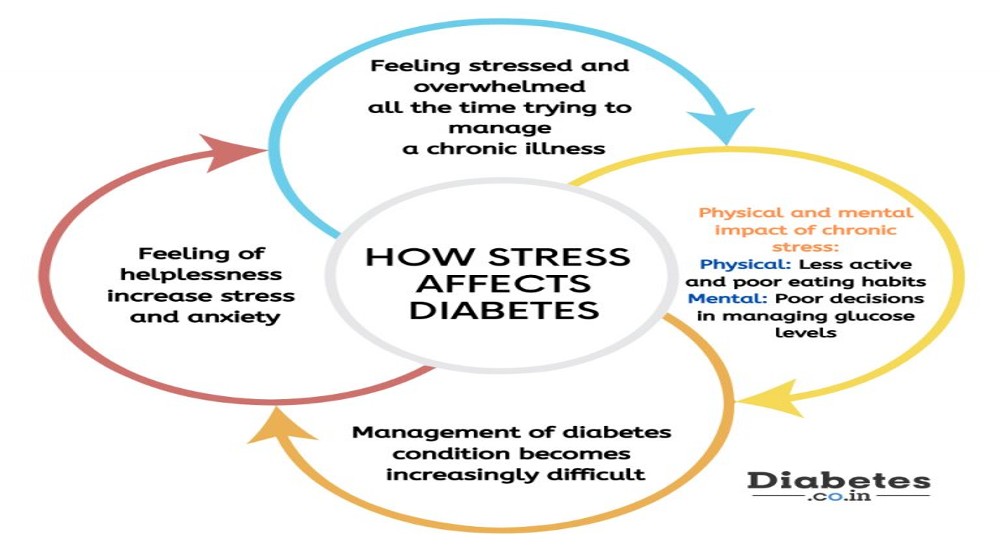
It might surprise many people to learn this but, diabetes can also lead to increased stress. How this happens is quite simple, diabetics who have been diagnosed have to pay special and regular attention to what they eat, how much they eat and measuring their blood sugar levels. They also have to regularly inject themselves with medicines or take tablets on time, cumulatively these tasks add stress to the life of the patient. This creates a chicken or egg scenario where diabetes and stress act in tandem to bring out the worst of effects on our bodies. This can become a destructive loop that can result in a host of other health issues such as heart problems, increased chances for a stroke, silent heart attacks, and ulcers.
Many people these days do not have a standard or healthy diet, the consumption of food high in fat, fried foods, fast food, and oily foods is seeing a meteoric rise. This is especially true for younger populations (many of whom live alone). There are other issues such as eating at odd times, regular consumption of alcohol, smoking, etc, that can compound the risks of developing hypertension and diabetes.
How Can We Handle This?
In the Avengers movies, Bruce Banner says that the secret to his power as "The Hulk" is that he's always angry. What we have to do is the exact opposite and try to handle our stress and reduce it as much as possible. There are quite literally hundreds of websites, celebrities, TV channels, etc that will tell you an equally large number of methods to reduce stress, lower your blood pressure and reduce your sugar levels. Rather than get technical or endorse products, we will simply take a look at the most common and the easiest to implement methods.
- Regular meals (eat on time and in the right quantities)
- Eat healthy (having cheat days is fine but have regular greens and a balanced diet)
- Exercise regularly, even short periods of intense exercise can make a lot of difference
- Take time off for yourself (listen to music, laugh with friends and family or devote yourself to your hobby)
- Set boundaries for your work (hard to do but set specific times beyond which you don't even think about work)
- Regularly monitor your Blood pressure and Blood sugar levels (there are many devices that you can use even at home by yourself)
- Visit your doctor regularly. (health checkups are underrated, many conditions can be cured or preempted if found early)
- Don't be afraid to take medication (taking medicines for a valid medical condition is nothing bad)
- Make sure you know your health status (keep your medical records, and use the regular checkups your workplace offers you)
- Unwind and take vacations with friends and family.
TAKE A CHILL PILL
Life is too short to spend it stressed out. Many of us are guilty of sacrificing our short-term happiness and health in the hope of greater rewards in the future. All of us work overtime, make excuses and deny ourselves the breaks we need in the pursuit of success, money, career goals or to provide for our families. However, no amount of fame or fortune can ever be equal to our health. There is a quote that says that "Time is not money, No amount of money can ever buy back our lost time". All of us should keep that in mind and firmly limit the role of stress and lifestyle diseases in our lives.

